New version of ASEAN taxonomy hoped to help with coal phase-out
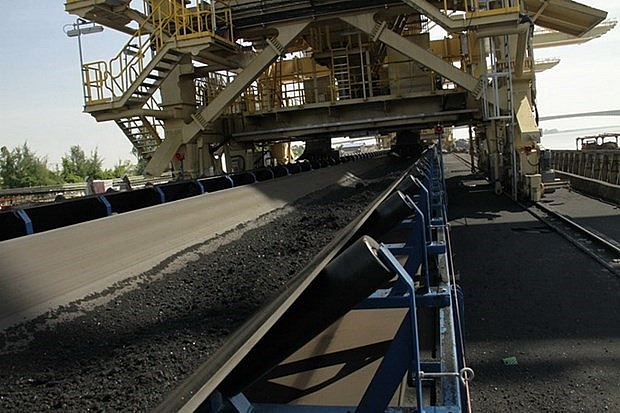 |
| New version of ASEAN taxonomy hoped to help with coal phase-out, Illustrative image (Photo: VNA) |
Jakarta – The Association of Southeast Asian Nations (ASEAN) has recently launched the second version of its taxonomy for sustainable finance, expected to help the region unlock financing for coal phase-outs.
In November 2021, the bloc rolled out the first version of the ASEAN Taxonomy, which aims to guide capital toward sustainable activities in the region. The ASEAN financial bodies then revamped the framework with the second version, whose updates put a strong emphasis on the phasing out of coal-powered plants.
ASEAN claims that the coal phase-out criteria laid out in the framework are the global first for a regional taxonomy.
The ASEAN Taxonomy’s second version has accommodated the needs for energy transition for countries like Indonesia, which is not only building new and renewable energy but also working on retiring coal-powered plants, Indonesian Finance Minister Sri Mulyani told a hybrid press conference on ASEAN’s transition finance held on March 30 on the sidelines of the ASEAN Finance Ministers’ and Central Bank Governors’ Meeting in Bali.
The taxonomy adopts a colour-coded system (green, amber, and red) based on the contribution or lack thereof an economic activity makes to the environmental objectives of the taxonomy. The environmental objectives include climate change mitigation and adaptation, biodiversity protection, resource resilience, and circular economy transition.
As the colours suggest, green indicates economic activities that support the taxonomy’s environmental objectives. Activity will be classified as amber if it meets green classification but may cause harm to other objectives although they already must have remedial measures. Red activities are economic activities that fail to meet environmental objectives.
According to the second version of the ASEAN Taxonomy, coal phase-outs may be classified as green or amber activities.
These classification will provide certainty for the financial institutions to look at projects that can be considered for financing, Minister Sri Mulyani said.
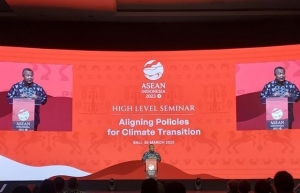 | High-level ASEAN seminar talks aligning policies for climate transition As part of the first ASEAN Finance Ministers and Central Bank Governors’ Meeting (AFMGM) 2023 in Bali on March 30, Indonesia organised a high-level seminar themed “Aligning Policies for Climate Transition” to support the message of sustainable development, one of the ASEAN priority economic deliverables (PED) this year. |
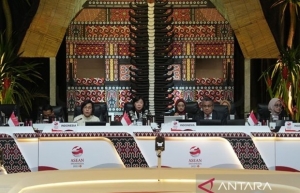 | ASEAN affirms its role as epicentrum of growth As part of the first ASEAN Finance Ministers and Central Bank Governors' Meeting (AFMGM) held from March 28-31 in Bali, the host country Indonesia organised AFMGMs with the ASEAN-US Business Council (ASEAN-US ABC), the EU-ASEAN Business Council (EU ABC), and the ASEAN Business Advisory Council (ASEAN ABAC) on March 29. |
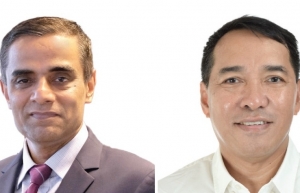 | Evolution in global value chains key for green and resilient ASEAN ASEAN has again proven itself to be among the world’s most resilient economic groupings. Relying on strong exports, sound macroeconomic policies, and effective buffers, the economies of ASEAN recovered rapidly from the devastating impacts of the pandemic, recording growth of 5.6 per cent in 2022 after falling to 3.2 per cent in 2020. |
 | ASEAN supports companies to utlise QR code purchasing across region Chairman of the ASEAN Business Advisory Council (ASEAN-BAC) Arsjad Rasjid, who is also Chairman of the Indonesian Chamber of Commerce and Industry (KADIN), on April 3 said that ASEAN-BAC will support micro-, small-, and medium-sized enterprises (MSMEs) in the region to implement QRcodeASEAN initiative. |
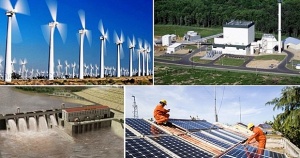 | ASEAN needs 29.4 trillion USD for energy transition to renewables Indonesian Energy Minister Arifin Tasrif has said that ASEAN countries need accessible low-carbon technologies and low-interest financing from multiple sources to achieve their net-zero targets. |
What the stars mean:
★ Poor ★ ★ Promising ★★★ Good ★★★★ Very good ★★★★★ Exceptional
Related Contents
Latest News
More News
- France supports Vietnam’s growing role in international arena: French Ambassador (January 25, 2026 | 10:11)
- Foreign leaders extend congratulations to Party General Secretary To Lam (January 25, 2026 | 10:01)
- Russian President congratulates Vietnamese Party leader during phone talks (January 25, 2026 | 09:58)
- Worldwide congratulations underscore confidence in Vietnam’s 14th Party Congress (January 23, 2026 | 09:02)
- Political parties, organisations, int’l friends send congratulations to 14th National Party Congress (January 22, 2026 | 09:33)
- 14th National Party Congress: Japanese media highlight Vietnam’s growth targets (January 21, 2026 | 09:46)
- 14th National Party Congress: Driving force for Vietnam to continue renewal, innovation, breakthroughs (January 21, 2026 | 09:42)
- Vietnam remains spiritual support for progressive forces: Colombian party leader (January 21, 2026 | 08:00)
- Int'l media provides large coverage of 14th National Party Congress's first working day (January 20, 2026 | 09:09)
- Vietnamese firms win top honours at ASEAN Digital Awards (January 16, 2026 | 16:45)

 Tag:
Tag:



















 Mobile Version
Mobile Version